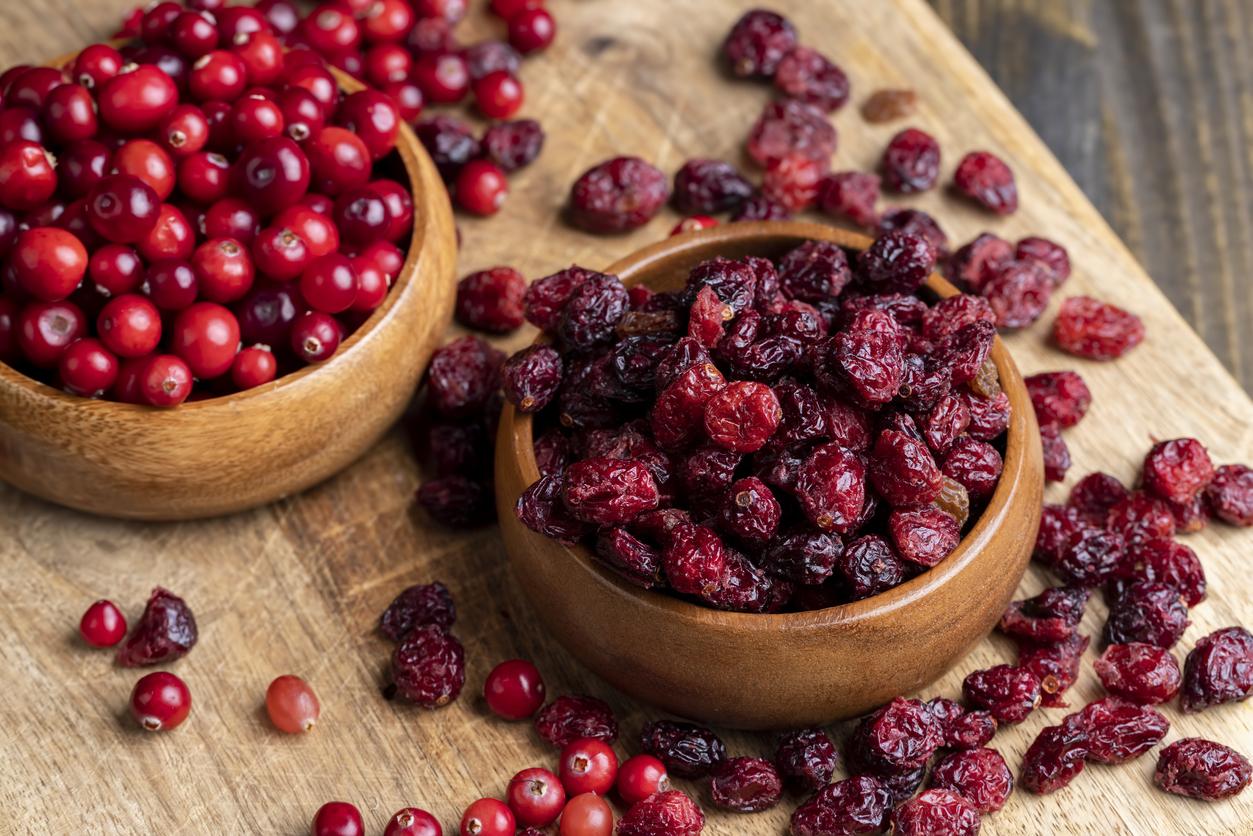It is recommended limit pasta to avoid weight gain and problems regulating blood blood sugar. Indeed, it is a starchy food rich in carbohydrates. These are known to increase blood sugar levels.
As a reminder, when you increase your blood sugar (blood glucose level), with foods with a high glycemic index like pasta for example, you increase your insulin. This phenomenon leads to reactive hypoglycemia. It tends to push you to snack by relying on sugary foods.
This is the reason why pasta is shunned by people on a diet.
However, pasta does not only include carbohydrates, but also proteins and of good fats. They can be part of a balanced diet under certain conditions.
Besides carbohydrates, what does pasta contain?
If pasta contains a large dose of carbohydrates (70 g per 100 g), this starch also contains proteins, good fats, vitamins and minerals. In detail, 100 grams of fresh egg pasta contains: 26 mg of sodium; 46 mg of magnesium; 163 mg of phosphorus; 179 mg of potassium; 15 mg of calcium; 0.55 mg of manganese; 1.2 mg of iron; 0.23 mg of copper; 1.22 mg of zinc; 38 mcg of retinol; 15 µg of beta-carotene; 0.32 mcg of vitamin D; 2 mg of B group vitamins.
In addition, cooking makes them absorb a lot ofwater.
Also note that the composition of the pasta is governed by precise and strict legislation. These are made with durum wheat semolina, water and salt, and can also contain eggs and vegetables. They exclude chemical additives. Concretely, your packet of spaghetti does not contain any additives, since the law prohibits it.
Can you eat pasta every day?
Pasta is not devoid of nutrients, but before consuming a plaster of carbonara or pesto pasta every lunchtime, be aware that it is healthy under certain conditions.
To begin with, if you love pasta and find it hard to imagine a meal without it, make sure to reduce portion size or move on to wholemeal pasta. The latter are not only devoid of carbohydrates, but they also have a higher fiber content, which has benefits for intestinal health. These will allow you to feel fuller for longer.
Also consider rethink your recipes. Eating pasta alone does not make you gain weight. It is often the added ingredients, such as sauces, cream, bacon or cheese, which will lead to weight gain. Combine the pasta with seasonal vegetables that you season with a drizzle of olive oil and fresh herbs. Pasta goes wonderfully with vegetables.
Clearly, yes to eating pasta on a daily basis provided that the portion is small or that you have opted for a full version. Support must also be taken into account: yes for a vegetable pasta salad consumed regularly. No for pasta with cream or pesto, which should be consumed occasionally.
3 types of pasta you can eat every day
Wholemeal pasta is the first good choice. But you can also opt for legume-based pasta. They are all gluten-free, rich in protein and fiber. Varieties include black bean, yellow pea, green lentil, red lentil, yellow lentil, etc.
THE chickpea pasta can also be consumed regularly. Made from chickpea flour and water, they have the same health benefits as a can of chickpeas. Rich in fiber, folate, magnesium and potassium, they contain 15% of your daily value of iron and all nine essential amino acids that make them a complete protein.
Let yourself be tempted by the rice noodles. Made from white or brown varieties, gluten-free rice noodles contain 3.15 grams of protein, 0.352 grams of fat, and 42.2 grams of carbohydrates per cooked cup.
Thanks to Raphaël Gruman, nutritionist















